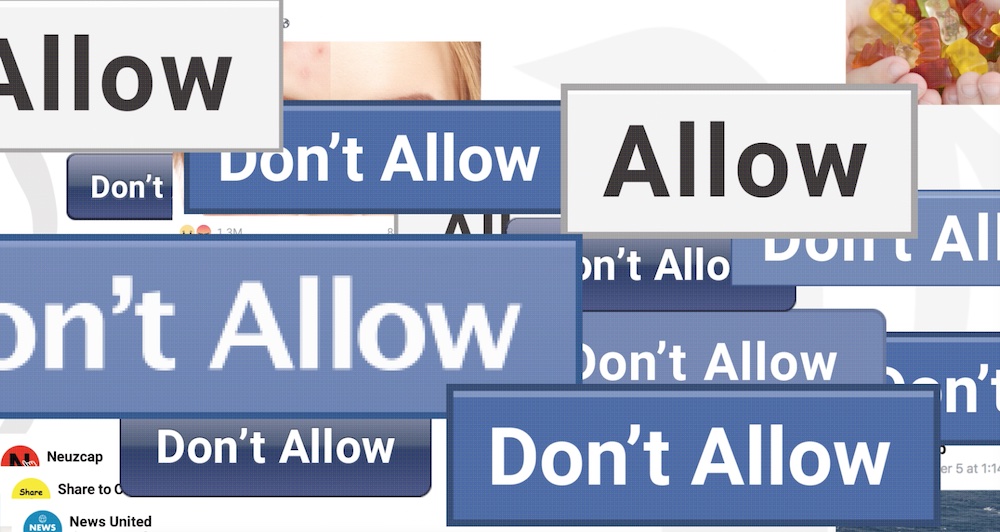Facebook begins to shift from being a free and open platform into a responsible public utility
Facebook is starting to realise it needs its users’ trust even more than their information, writes Anjana Susarla in this crossposting from The Conversation.
When Facebook recently removed several accounts for trying to influence the 2018 midterm elections, it was the company’s latest move acknowledging the key challenge facing the social media giant: It is both an open platform for free expression of diverse viewpoints and a public utility on which huge numbers of people – and democracy itself – rely for accurate information.

Under pressure from the public and lawmakers alike since 2016, Facebook responded in early 2018 by making significant changes to the algorithms it uses to deliver posts and shared items to users. The changes were intended to show more status updates from friends and family – sparking “meaningful interactions” – and fewer viral videos and news articles that don’t get people talking to each other. As a result, users have spent far less time on the site, and the company’s stock-market value has dropped.


Anyone remember MySpace? Just as they rise, so can they fall. Hyperventilating about crapbook whose business model is to advertise stuff and invade privacy (just like google) is like hyperventilating about MySpace. Privacy will become far more important when the sheeple wake up to what is really going on. There are nascent efforts at making decentralized social media networks with no gatekeepers. As many youtubers have found to their horror, the [social media] gatekeeper can change the game at any time and wipe out most of their income. Privacy and data control will become far more important in the future. The plethora of recent hacking attacks underlines the problem of having heavily centralized services. This also goes for stuff like music distribution/streaming where the incumbent streaming sites have opaque (and possibly unfair) ways of reporting stats and distributing income. It is certainly not a level playing field! Whoever solves this problem will be very popular.
It is not, and never will be, a “public utility”. It is a commercial business.